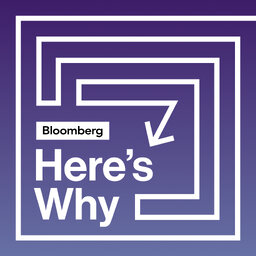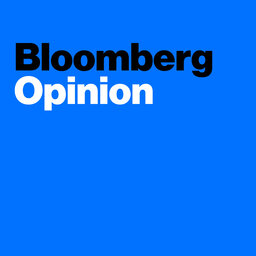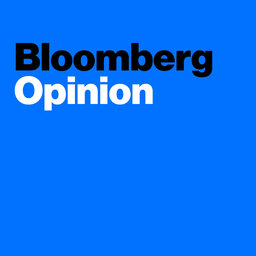Consumer Cracking
A hotter-than-expected September inflation print portends another jumbo rate hike. Today, we take a deep dive into the data, examining how inflation is influencing consumer behavior. We discuss with Jonathan Levin.
In 1 playlist(s)
Bloomberg Opinion
Deeper conversations on the week's most significant developments. Tune in and join in!Social links
Follow podcast
Recent clips

Introducing 'Here's Why' - Complex News Stories Explained
00:30

Airline Mergers and Restaurant Loyalty
35:20

Fossil Fuel Use and Drug Development
35:28
 Bloomberg Opinion
Bloomberg Opinion